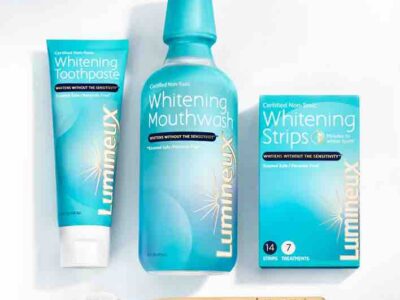Less than half of women recognize the greatest risk to their longevity: heart health. With National Women’s Heart Week celebrated Feb. 1 to 7 annually, now is the perfect time to raise everyone’s awareness.
Cardiovascular disease kills more women than all forms of cancer combined, being their number one cause of death for women over the age of 34. National Women’s Heart Week is organized by the Women’s Heart Foundation and hopes to help women decrease their chances of heart issues by improving their overall health. You may see people showing their support for the week by wearing a red ribbon.
While experts say age 20 is the best time to start tracking heart health, it is never too late to make lifestyle changes to help your most important muscle beat stronger for a longer time. A healthy diet is the most crucial factor, with plenty of fruits and vegetables, choosing fish over meat, and regularly eating whole foods. Avoiding saturated fat and high amounts of salt and sugar also helps.
Exercise is also critical to a healthy ticker. Regular physical activity — even vigorous walks — can reduce heart disease risk by as much as 40%.
Other unhealthy habits can put a woman’s heart at risk. Smoking or any tobacco use decreases the strength of the artery walls, doing even more damage than it does to men. Mental health also plays a role. Women with depression double their risk of cardiovascular disease, making good mental health and self-esteem critically important, especially through stressful middle age. Alcohol, weight, menopause, and family history can also affect heart health.
While the most common sign of a heart attack is chest pain, women’s problems may manifest differently than men’s.
Symptoms such as jaw and back pain, shortness of breath, indigestion, nausea, and vomiting should be treated as possible signs of cardiovascular trouble.
“Women need to know the warning signs of a heart attack and react quickly by calling 9-1-1,” said Annapoorna Kini, director of the Cardiac Catheterization Laboratory at Mount Sinai Hospital. “At about age 60, women should talk to their doctor about taking a low-dose aspirin as a heart attack prevention tool. Aspirin can also be a lifesaving tool if taken right away after calling 9-1-1 if you think you are experiencing a heart attack.”
National Women’s Heart Week encourages awareness of possible symptoms and risk factors, as well as how exercise, fitness, nutrition, supplements, and a positive self-image and mental health can improve cardiovascular function.
It’s additionally essential to have regular healthcare check-ins and monitor their blood pressure and cholesterol numbers.
“Women have a tendency to put their health last,” said Dr. Stacey Rosen, co-author of “Heart Smarter for Women — 6 Weeks to a Healthier Heart.” “We’re less likely to recognize (the symptoms), and then quite honestly, we know in the medical world that women are less likely still to get guidelines-based treatment. Early prevention and an early recognition of a change in how we’re feeling as women is the most important.”





